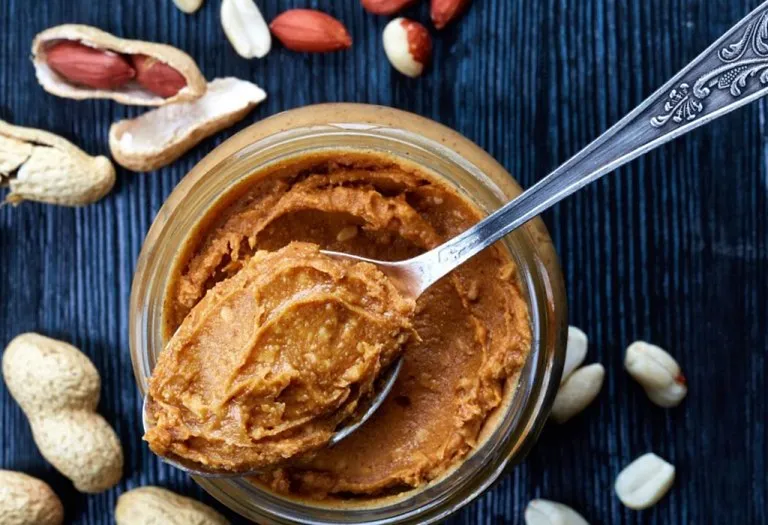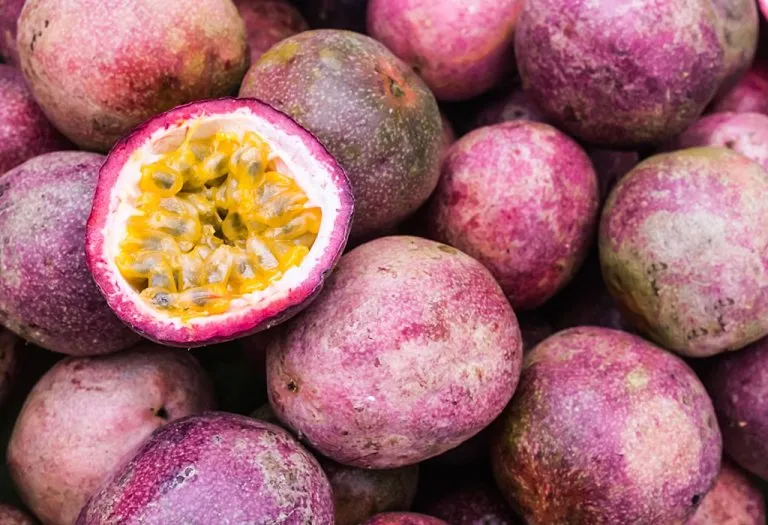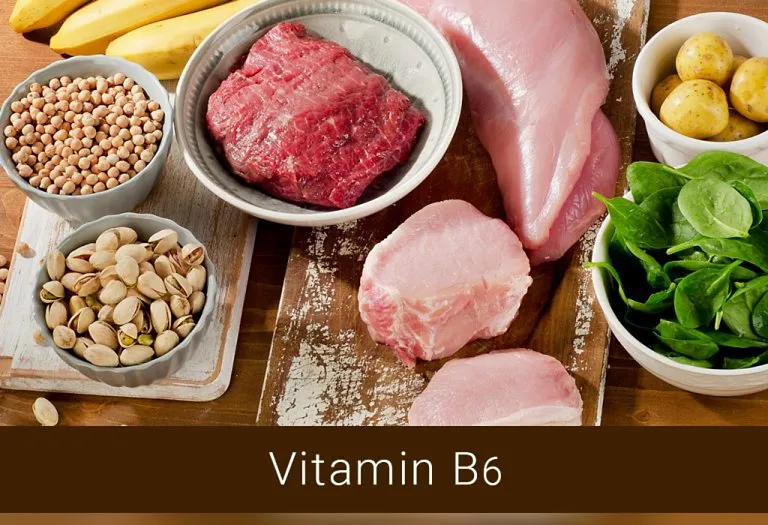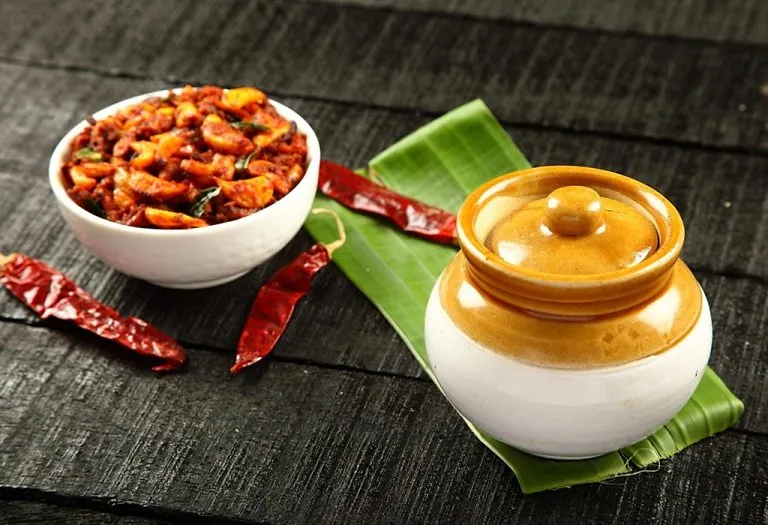Peanut Butter During Pregnancy – Benefits and Risks

- Is Eating Peanut Butter Safe While Pregnant?
- Nutritional Value of Peanut Butter
- Benefits of Peanut Butter in Pregnancy
- Risk of Eating Peanut Butter While Pregnant
- Who Should Avoid Peanut Butter?
- Does It Prevent Allergies During Pregnancy?
- What Are the Best Types of Peanut Butter to Consume in Pregnancy?
- FAQs
Peanut butter is healthy and tasty and makes for a healthy spread on bread slices. If you love eating peanut butter, chances are you will want to eat it now that you are pregnant. It’s healthy and tasty, but you will want to know if you can consume it during pregnancy. Packed with protein, healthy fats, and essential nutrients like folate and vitamin E, peanut butter offers nutritional advantages that can support both maternal health and fetal development. However, many people say that eating peanuts is best avoided during pregnancy as consuming peanuts or peanut butter during pregnancy on a daily basis can result in children being born with peanut allergies. But is it true? Let’s find out!
Is Eating Peanut Butter Safe While Pregnant?
Peanut butter and pregnancy can be a healthy and nutritious combination when consumed in moderation, providing essential nutrients like protein, healthy fats, and vitamins that support both maternal health and fetal development, as long as there is no peanut allergy. If you are even remotely sensitive or allergic to peanuts, do not eat them. It can prove to be harmful to the baby because of the effect it has on the mother.
Allergies are defined as a deformity of the immune system. The chances of a child developing an allergy are high when the parents have an allergy. They are more prone than children without hereditary allergies. Children will not inherit the same allergy. The body will inherit the information of being sensitive to certain elements but will not read exactly the right elements. For e.g., you or your spouse may have a peanut allergy, but your children may simply inherit an allergy to pollen and may happily eat their peanut butter all day. It is important to remember that it is parents whose allergies can be hereditary, not just mothers. So, mothers, peanut butter is good for pregnancy if you have no allergic reactions.
Nutritional Value of Peanut Butter
Peanut butter is a nutrient-rich food that provides a variety of essential vitamins, minerals, and healthy fats, making it a valuable addition to a pregnancy diet. Here’s a nutritional value per 2-tablespoon (32 gram) serving of regular, unsweetened peanut butter (1):
| Nutrients | Amount |
| Calories | 190 calories |
| Protein | 8 g |
| Fat | 16 g |
| Saturated fat | 3 g |
| Carbs | 7 g |
| Fibre | 3 g |
Benefits of Peanut Butter in Pregnancy
Peanut butter is nothing but butter of the legumes peanut. This is high in nutrition and is a good food source for anybody. It also specifically aids in pregnancy.
- Aids in the development of foetus: Folate and folic acid are important in the development of the foetus. Peanuts are rich in folate and folic acid it is advisable to consume them. 100 g of peanut butter will take care of 60% of folate intake during pregnancy. Two tablespoons of the butter have 76 mcg of folic acid. This helps in controlling birth defects, development of the brain and overall development of the baby (8).
- Natural protein: Protein is essential for a mother during pregnancy and 100 gram of peanuts contain quite high protein to fulfil the daily intake. Especially for vegetarians whose natural source of protein is limited, organic or home-made peanut butter becomes a good source of daily protein intake.
- Bone building: Pregnant woman loses a lot of calcium in those nine months and even afterwards. Peanut butter is rich in calcium and is known to build good bones for babies and mothers alike.
- Improves the immune system: Peanut butter is rich in iron, vitamins, and minerals. It has Vitamin E and flu-fighting antioxidants which strengthen the immune system. A very important element for pregnant women who are prone to fall ill or are weak (3).

Risk of Eating Peanut Butter While Pregnant
Eating peanut butter while pregnant is usually safe, but there is a small risk related to aflatoxin, a toxic compound produced by the Aspergillus fungus that can contaminate raw peanuts grown underground. Consuming aflatoxins has been linked to severe health issues, including liver cancer, impaired fetal development, anaemia, premature delivery, and, in extreme cases, pregnancy loss (6).
In the U.S., the Food and Drug Administration (FDA) regulates the amount of aflatoxin in peanut products, so commercially made peanut butter is safe. However, peanut products might have more aflatoxin in countries with less strict food safety rules.
Who Should Avoid Peanut Butter?
When pregnant, peanut butter is not always good food especially if you are allergic to it. Well, it is not as easy as you think. Peanut butter allergy can vary from peanut intolerance to peanut allergy. No matter how severe (less or more) your reactions are.
- Peanut sensitivity: If you have observed that eating peanuts have caused minute gas or indigestion problems, its best to avoid peanuts during pregnancy simple to stop further inconvenience to self.
- Past Allergic reactions: If you have had past allergic reactions to peanut or peanut butter ingredients, it is best to completely avoid it for life and especially during pregnancy.
- Prone to increase in weight during Pregnancy: If your doctor or health practitioner has warned you about your rapid increase in weight, its best to avoid nuts and butter of any kind. These are high in caloric value. Just a tablespoon of peanut butter will be close to 100 calories.
Does It Prevent Allergies During Pregnancy?
Eating peanut butter and other nuts during pregnancy might actually help reduce the risk of nut allergies in children. Recent research involving over 70,000 families found that children were less likely to have nut allergies if their mothers consumed nuts while pregnant. This suggests that eating nuts and peanut butter during pregnancy may promote immune tolerance in the child, helping protect them from nut allergies (2).
Experts also recommend introducing peanut products and other common allergens to infants early, ideally between 4 and 6 months old, as this may further help prevent allergies (4) (5). However, if your baby has eczema or an egg allergy, it’s important to discuss this with your baby’s doctor before introducing these foods.
While there’s still a lot we don’t fully understand about food allergies, having peanut butter during pregnancy might be a positive step for allergy prevention.
What Are the Best Types of Peanut Butter to Consume in Pregnancy?
The healthiest choice, both in pregnancy and in general, is natural peanut butter without additives. Many peanut butter contains added hydrogenated oils, salt, and sugars, which aren’t ideal. Hydrogenated oils introduce trans fats, which are linked to a higher risk of heart disease, and added sugars can negatively impact heart health as well (7).
To ensure you’re getting a healthy option, check the ingredient list — it should be simple. The best peanut butter will contain just peanuts or peanuts and salt. If you see other ingredients on the label, especially oils or sugars, it’s better to choose a different jar.
FAQs
1. Should I avoid peanut butter if my family has a history of allergies?
Generally, you don’t need to avoid peanut butter if there’s a family history of allergies, as current research suggests that consuming peanuts during pregnancy does not increase allergy risk. However, if you’re concerned, consult your doctor for personalised advice.
2. How much peanut butter is safe to eat during pregnancy?
Like any food, moderation is key. Consuming 1-2 tablespoons of peanut butter a day can provide nutritional benefits without excessive calories.
3. What if I crave peanut butter but have a nut allergy?
If you are craving peanut butter while pregnant but have a peanut allergy, try alternatives made from seeds, such as sunflower seed butter or soy nut butter, which provide similar flavours and nutrients without triggering allergies.
Peanut butter for pregnancy can be a beneficial snack that support the growth and development of the baby. Just try to make it an organic buy or homemade, if you wish to consume the food on a regular basis. Again, remember that these foods can always be supplemented with some other food if you are uncomfortable. But if eating peanut butter brings immense joy, go for it and make yourself and your baby happy!
References/Resources:
1. Peanut butter, creamy; U.S. DEPARTMENT OF AGRICULTURE; https://fdc.nal.usda.gov/food-details/2262072/nutrients
2. Abrams. E. M, Sicherer. S. H; Maternal peanut consumption and risk of peanut allergy in childhood; PubMed Central; https://pmc.ncbi.nlm.nih.gov/articles/PMC6041250/
3. Bauer. J; The Healthy Perks of Peanut Butter; Denver Health Medical Plan; https://www.denverhealthmedicalplan.org/blog/healthy-perks-peanut-butter
4. Chan. E. S, Abrams. E. M, Hildebrand. K. J; Early introduction of foods to prevent food allergy; PubMed Central; https://pmc.ncbi.nlm.nih.gov/articles/PMC6157280/
5. AAP Clinical Report Highlights Early Introduction of Peanut-based Foods to Prevent Allergies; American Academy of Pediatrics; https://www.healthychildren.org/English/news/Pages/Early-Introduction-of-Peanut-based-Foods-to-Prevent-Allergies.aspx
6. Lauer. J. M, Duggan. C. P, Ausman. L. M, et al.; Maternal aflatoxin exposure during pregnancy and adverse birth outcomes in Uganda; PubMed Central; https://pmc.ncbi.nlm.nih.gov/articles/PMC6519241/
7. Dhaka. V, Gulia. N, Ahlawat. K. S, et al.; Trans fats-sources, health risks and alternative approach – A review; PubMed Central; https://pmc.ncbi.nlm.nih.gov/articles/PMC3551118/
8. Folate (Folic Acid) – Vitamin B9; Harvard T. H. Chan School of Public Health; https://nutritionsource.hsph.harvard.edu/folic-acid/
Also Read:
Eating Ghee while Pregnant
Eating Butter during Pregnancy
Is It Safe to eat Cheese during Pregnancy
Eating Wheatgrass when Pregnant
Was This Article Helpful?
Parenting is a huge responsibility, for you as a caregiver, but also for us as a parenting content platform. We understand that and take our responsibility of creating credible content seriously. FirstCry Parenting articles are written and published only after extensive research using factually sound references to deliver quality content that is accurate, validated by experts, and completely reliable. To understand how we go about creating content that is credible, read our editorial policy here.




































